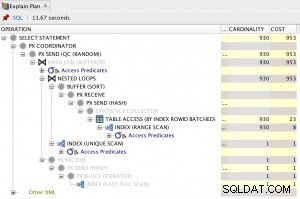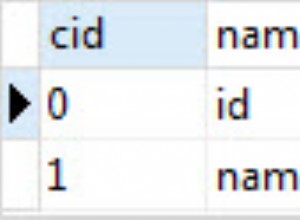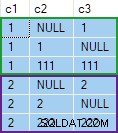-
Versetzen Sie mysqli in den Ausnahmemodus, indem Sie diese Zeile vor mysqli connect
hinzufügenmysqli_report(MYSQLI_REPORT_ERROR | MYSQLI_REPORT_STRICT); - Verpacken Sie Ihre Abfragen in einer Transaktion
- Verpacken Sie Ihre Transaktion in einer try..catch-Anweisung und fügen Sie einen Rollback-Aufruf hinzu.
Der Code wäre also so etwas wie
mysqli_report(MYSQLI_REPORT_ERROR | MYSQLI_REPORT_STRICT);
$db = new mysqli(...);
...
try {
$db->autocommit(FALSE);
$db->address_table_insert_statement($firstName, $lastName, $companyName, $streetAddress, $streetAddress2, $streetAddress3, $city, $state, $zip, $country, $phone, $fax, $email, $date, $date);
$addressId = mysqli_insert_id($db->connection);
$db->address_table_insert_statement($firstName, $lastName, $companyName, $billingStreetAddress, $billingStreetAddress2, $billingStreetAddress3, $billingCity, $billingState, $billingZipCode, $billingCountry, $billingPhone, $billingFax, $billingEmail, $date, $date);
$billingAdressId = mysqli_insert_id($db->connection);
$db->account_table_insert_statement($active, $addressId, $billingAddressId, $dateCreated, $dateModified);
$db->commit();
} catch (\Exception $e) {
$db->rollback();
throw $e;
}




